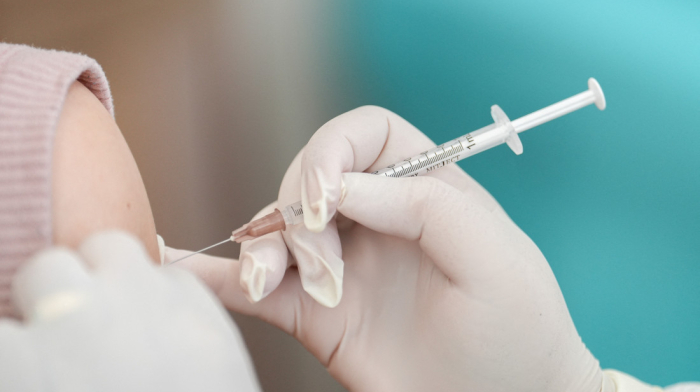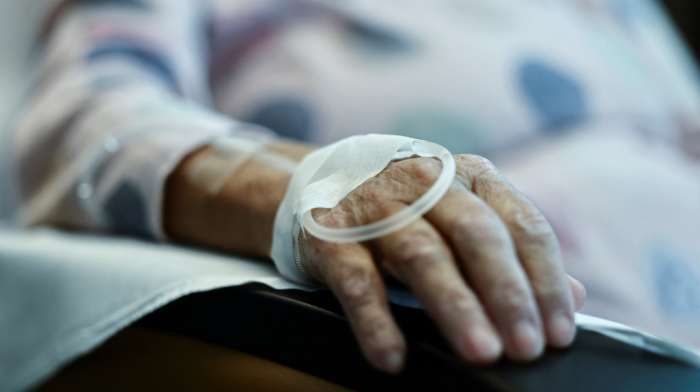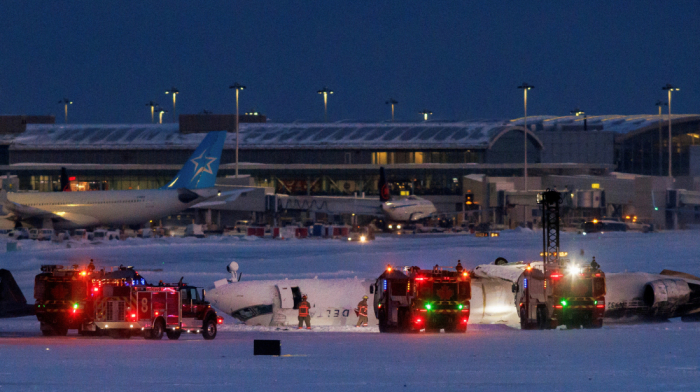Geneva, February 24, 2025 – A new analysis by the International Agency for Research on Cancer (IARC), the World Health Organization’s (WHO) cancer agency, forecasts a significant rise in both breast cancer diagnoses and deaths worldwide by 2050.
The study, published in Nature Medicine, predicts that globally one in 20 women will be diagnosed with breast cancer in their lifetime, with cases and deaths increasing by 38% and 68% respectively over the next 25 years.
In the United Kingdom, breast cancer cases are expected to rise from 58,756 per year in 2022 to 71,006 by 2050, while annual deaths could jump from 12,122 to 17,261—an increase of 21% in diagnoses and 42% in mortality. The study estimates that if current trends continue, there will be approximately 3.2 million new cases and 1.1 million deaths from breast cancer each year worldwide by 2050.
“Every minute, four women are diagnosed with breast cancer worldwide and one woman dies from the disease, and these statistics are worsening,” said IARC scientist Dr. Joanne Kim, one of the study’s authors. The analysis attributes the projected surge to a combination of factors, including a growing and aging global population, improvements in detection and diagnosis, and a higher prevalence of known risk factors such as increased alcohol consumption, obesity, and physical inactivity.
The study highlights that about a quarter of breast cancer cases could be prevented through lifestyle changes, including reducing alcohol intake, maintaining a healthy weight, and engaging in regular physical activity. It also notes that most new cases and deaths occur in women aged 50 and above, who account for 71% of new diagnoses and 79% of deaths.
The burden of breast cancer is not evenly distributed across the globe. Incidence rates are highest in Australia, New Zealand, North America, and northern Europe, while Asia and Africa report the lowest rates. However, death rates are highest in regions such as Melanesia, Polynesia, and west Africa.
Dr. Isabelle Soerjomataram, deputy head of IARC’s cancer surveillance branch, stressed the importance of continued progress in early diagnosis and improved access to treatment. “Continued progress in early diagnosis and improved access to treatment are essential to address the global gap in breast cancer and ensure that the goal of reducing suffering and death from breast cancer is achieved by all countries worldwide,” she said.
The findings underscore the urgent need for countries to adopt effective primary prevention policies and invest in early detection and treatment strategies to mitigate the impending rise in breast cancer cases and mortality, offering a call to action for global health policymakers.
Read next
12:03
Health News
A long-term U.S. study suggests that just two servings of yogurt per week may help protect against certain types of colorectal cancer, highlighting the potential health benefits of its living bacteria and the link between diet and gut health.
18:30
Cancer
London, February 17, 2025 – A new analysis by Cancer Research UK has revealed stark inequalities in cancer mortality across the country, with death rates in the most deprived areas nearly 1.6 times higher than in wealthier regions.
21:02
Cancer Risks
The U.S. Surgeon General calls for cancer risk warnings on alcohol labels, highlighting links to seven cancers and urging updated consumption guidelines.
14:00
Researchers at the University of Oxford are developing OvarianVax, a vaccine aimed at training the immune system to detect early signs of ovarian cancer.

























What is your opinion on this topic?
Leave the first comment